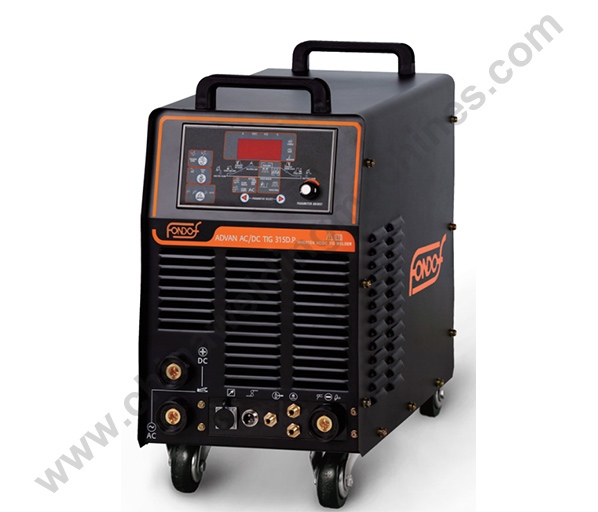Factors to Consider when Choosing a DC TIG Welding Machine
Welding is a critical process in various industries, and the advancements in technology have led to the development of more efficient and effective welding machines. One such machine that has gained popularity among professionals is the DC TIG welding machine. In this article, we will explore the features, benefits, and applications of DC TIG welding machines.
Factors to Consider when Choosing a DC TIG Welding Machine
When selecting a DC TIG welding machine, several factors should be considered:
Power output: Choose a machine with an appropriate power output based on the thickness of the metals you will be welding.
Duty cycle: The duty cycle determines the amount of time the machine can operate continuously. Consider your welding requirements and select a machine with a suitable duty cycle.
AC/DC capabilities: Some advanced DC TIG welding machines offer both AC and DC capabilities, allowing for a wider range of applications.
Control features: Look for machines with adjustable settings for current, pulse, and other parameters to ensure precise control over the welding process.
Portability and ease of use: Consider the weight, size, and portability of the machine, especially if you need to move it frequently.
Tips for Using DC TIG Welding Machines
To achieve the best results with your DC welding machine, keep the following tips in mind:
Cleanliness is crucial: Ensure the workpiece and the tungsten electrode are clean and free from contaminants to prevent defects in the weld.
Practice good technique: Mastering the proper welding technique, such as maintaining the correct torch angle and travel speed, is essential for achieving high-quality welds.
Use appropriate filler material: Select the right filler material for the metal being welded to ensure a strong and durable weld.
Optimize shielding gas flow: Proper gas flow and coverage are crucial to protecting the weld pool and minimizing oxidation. Adjust the flow rate according to the requirements of the welding process and material.
Maintenance and Care of DC TIG Welding Machines
Regular maintenance and care are necessary to ensure the longevity and optimal performance of your DC TIG welding machine. Here are some maintenance tips:
Keep the machine clean: Regularly clean the machine, torch, and cables to remove dirt, dust, and debris.
Check and replace consumables: Inspect the tungsten electrode, nozzles, and other consumables regularly and replace them when necessary to maintain the quality of your welds.
Monitor gas supply: Ensure an adequate supply of shielding gas and check for leaks in the gas lines.
Follow manufacturer's guidelines: Refer to the machine's manual for specific maintenance instructions provided by the manufacturer.
Common Issues and Troubleshooting
Despite their efficiency, DC TIG welding machines may encounter some common issues. Here are a few troubleshooting tips for resolving these problems:
Inconsistent arc or difficulty striking an arc: Check the condition of the tungsten electrode, ensure proper ground connection, and verify the gas flow and pressure settings.
Contamination in the weld: Clean the workpiece and tungsten electrode thoroughly, and adjust the shielding gas flow to prevent contamination.
Weld bead irregularities: Adjust the welding parameters, such as current and travel speed, to achieve the desired bead appearance and prevent defects like undercut or lack of fusion.
Conclusion
DC TIG welding machines are highly versatile tools that provide precise control over the welding process. With their ability to weld a wide range of metals and produce clean and aesthetically pleasing welds, these machines are widely used in various industries. By considering factors like power output, duty cycle, and control features, you can select the right DC TIG welding machine for your specific applications.

评论
发表评论